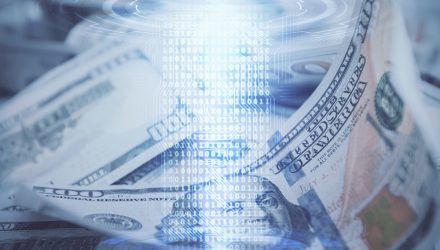The director of MIT’s Digital Currency Initiative, Neha Narula, spoke at a hearing last week about the benefits and challenges of creating a Fed-backed digital dollar.
Narula’s comments at the hearing received widespread, bipartisan support from the Congress members present.
MIT’s Digital Currency Initiative has been partnering with the Federal Reserve Bank of Boston to develop systems and software for the creation of a potential U.S. digital dollar. According to the WSJ, the project’s initial research, including the computer code for a potential digital currency, will be available to the public sometime this fall.
The U.S. has been working on integrating technology into the financial system for some time.
The Federal Reserve committed to creating a digital payment system, the FedNow Service, in 2019. The service is expected to launch in 2023 and will allow banks to provide instant payments to their customers 24/7, every day of the year.
Interest in a “digital dollar” has increased this past year.
The U.S. nonprofit Digital Dollar Project recently announced its plan to launch five pilot programs testing the potential of a U.S. CBDC (central bank digital currency) this year.
Meanwhile, Federal Reserve Chairman, Jerome Powell, announced in late May that the Federal Reserve will release a discussion paper later this summer exploring its efforts to develop a CBDC. He also raised questions for public comment on the risks and benefits of CBDC’s in the U.S. context.
Developing a CBDC, according to its advocates, would increase banking access to many Americans and provide a safe and efficient digital payment system. It would also make it easier for people to receive government aid, such as the stimulus payments issued during the COVID-19 pandemic.
See also: Chinese Tech: An Interview with Liqian Ren, Director of Modern Alpha, WisdomTree
Other Central Bank Digital Currencies in Development
Multiple countries have begun developing their own CBDCs, including China, Thailand, and Japan.
The digital yuan in particular has some politicians worried that the U.S. dollar’s position as the world’s reserve currency could be jeopardized.
However, according to Powell, “it is far more important that the Fed get a digital dollar right than it is to move quickly”, reports the WSJ.
“We don’t need to rush this project, and we don’t need to be first to market,” Powell said.
For more news, information, and strategy, visit the Crypto Channel.

